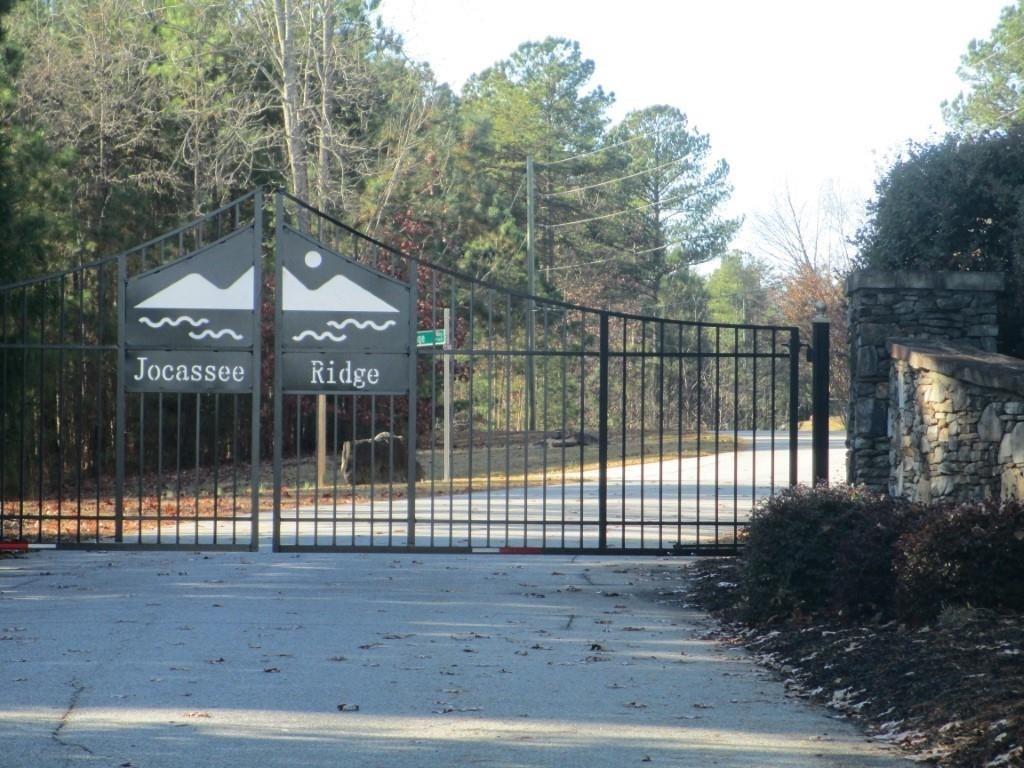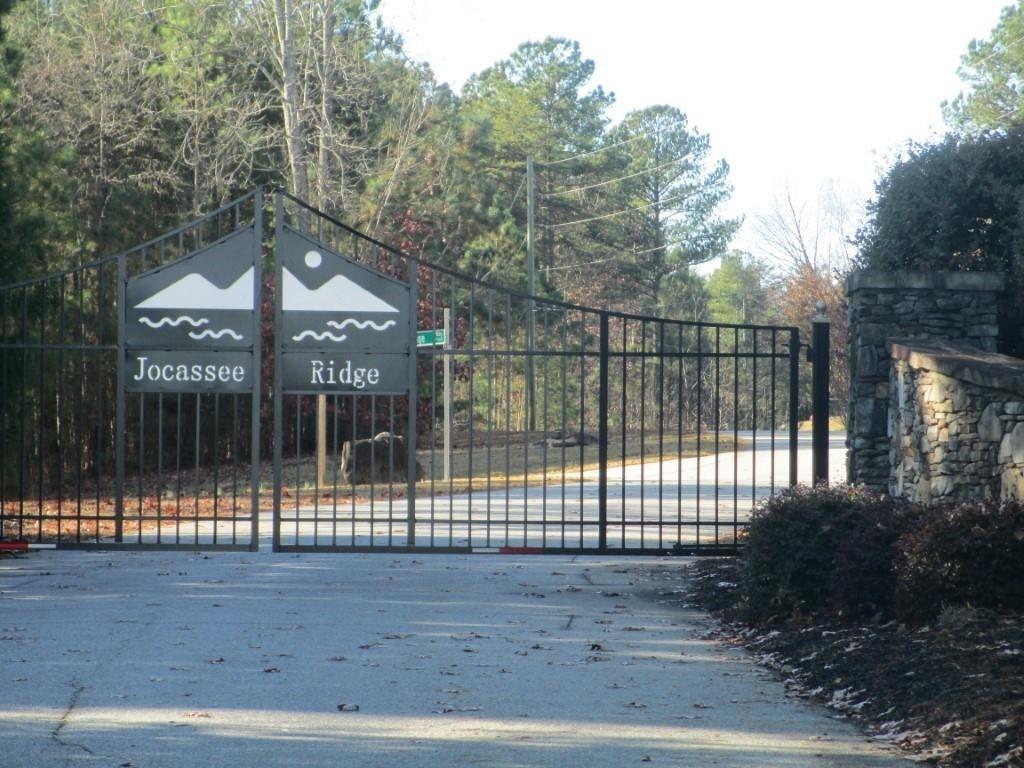What is Due Diligence?
Due Diligence is not only a time-intensive process but also a financial one. It's important for buyers to understand that they'll incur costs during this period.
To begin with, there's a fee associated with ending Due Diligence, regardless of the outcome. This fee is typically non-refundable and serves as compensation for the seller's time and commitment to the transaction.
Additionally, buyers often enlist the services of various outside experts during Due Diligence. This includes inspectors for areas like termite, home, and environmental inspections. These professionals thoroughly examine the property to identify any potential issues or concerns.
Furthermore, buyers may opt to bring in specialized experts such as conservation appraisers, mainly if the property is in an environmentally sensitive area. While these experts provide invaluable insights, their services come at an additional cost.
Due Diligence is both money and time-sensitive. It's a short period for the buyer to investigate the property thoroughly. During this time, buyers must act swiftly to schedule inspections and assessments to ensure they meet the deadlines outlined in the contract.
Overall, buyers need to budget accordingly for the expenses associated with Due Diligence. While it may represent an added financial burden, it's a necessary step in ensuring that the property meets their needs and expectations. By investing in due diligence, buyers can make informed decisions and mitigate risks associated with the purchase.

















Comments (0)
Be the first to comment on this post!
Post a Comment